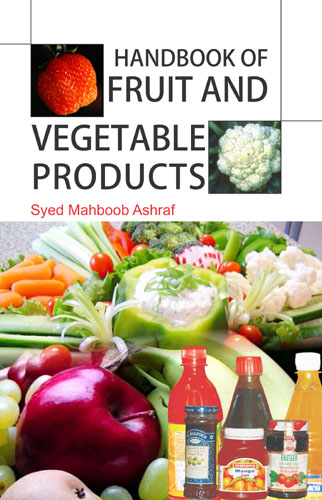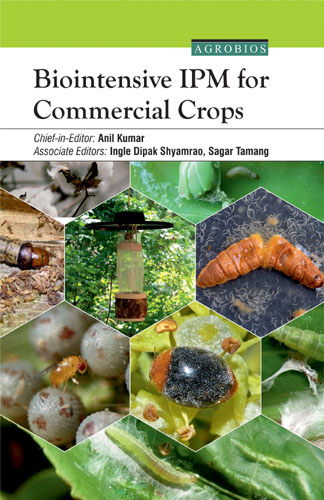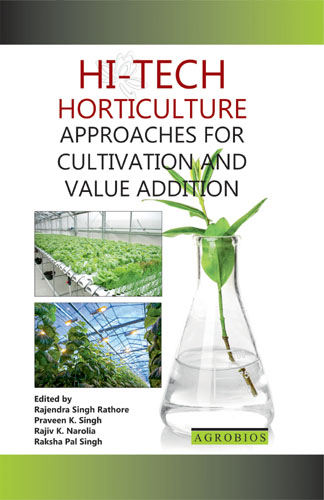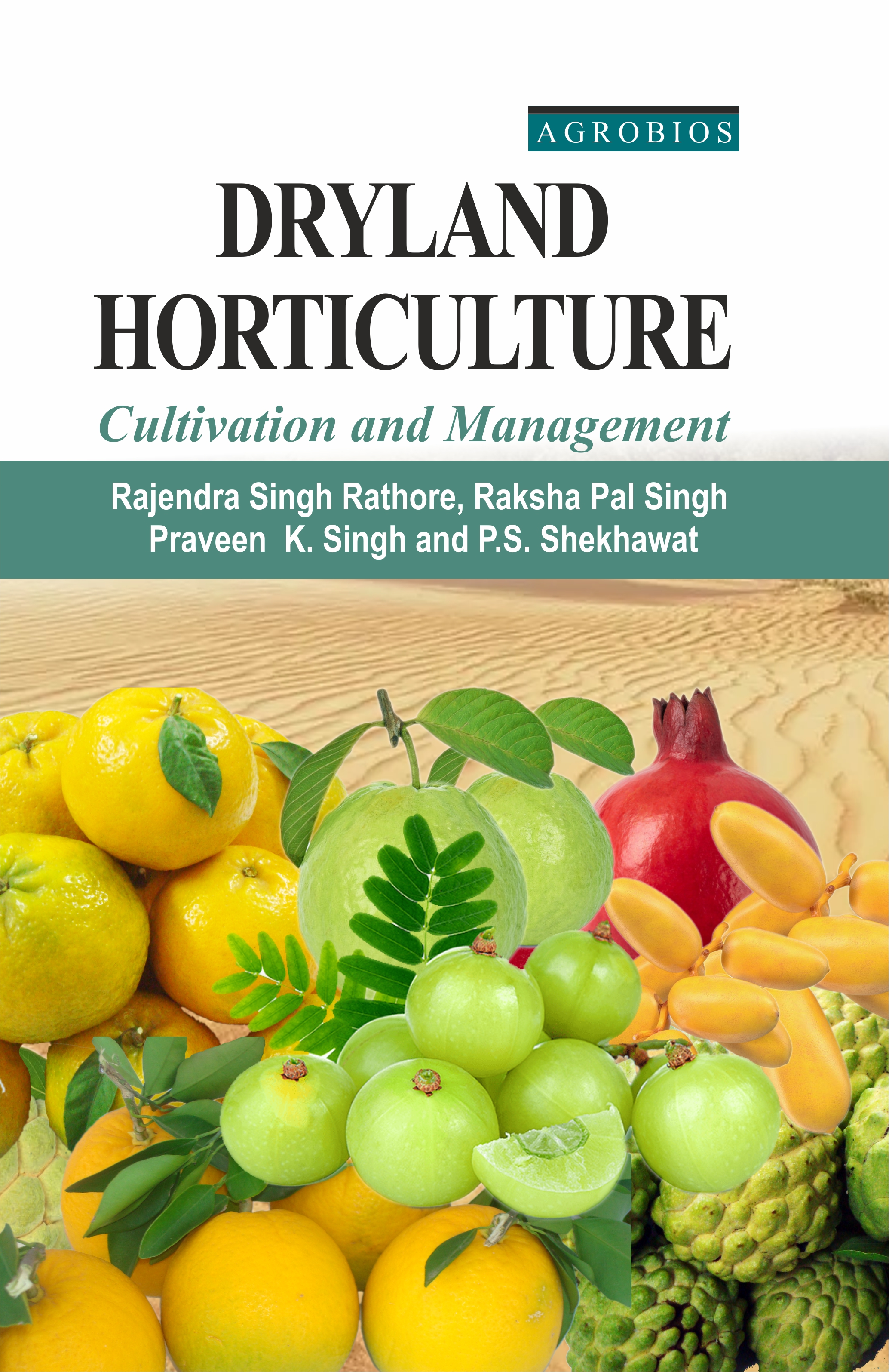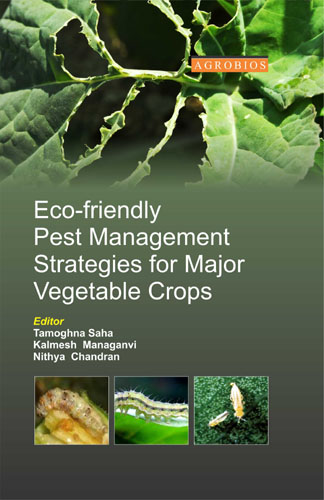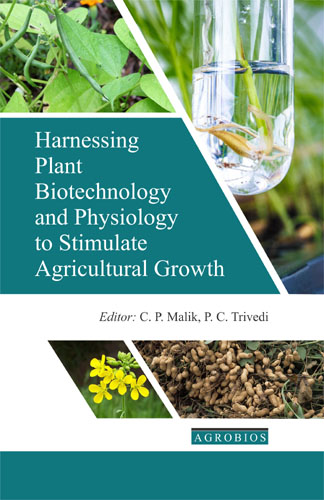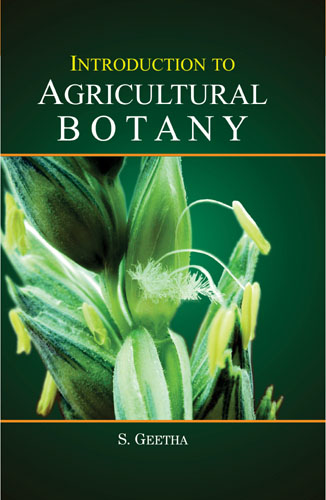Handbook Of Fruit And Vegetable Products
Processing of horticultural commodities is an important sector of our economy to reduce post-harvest losses, providing remunerative prices to fruits and vegetables growers, generating employment and earning foreign exchange.
Our country is bestowed with varied agro-climatic conditions, suitable for growing different types of fruits and vegetables (tropical, sub-tropical and temperate). Fruit and vegetable processing has a significant role to play in bringing about reduction of post-harvest losses and thereby ensuring better returns to growers. There are various products, which can be manufactured from fruits and vegetables. The major processed items are juices, pulps, nectars, squashes, jellies, marmalade, jams, preserves, candied, fruit bars, pickles, chutneys vinegar, ketchup, canned fruits and vegetables and dehydrated fruits and vegetables.
In India, less than 2% of fruits and vegetables produced are processed as against 65% in the USA, 70% in the Brazil, 78% in the Philippines, 80% in South Africa and 83% in Malaysia. The value addition is only 7% in India as against 23% in China and 88% in UK. The fruits and vegetables processing industry is growing @ about 10% per annum. The number of units licensed under FPO is 6,097.
The processed products have great demand both in domestic and export market due to change in social fabric of the society including changing habits. Besides the export of processed products of fruits and vegetables is also increasing day by day thus the future of processed edible item is so bright.
The book has been prepared primarily to the benefit for the teachers and students of Horticulture, Agriculture, Food technology, Home-science and Post-harvest engineering, as well as extension workers, educated rural/urban youths and women can be engaged in food processing activities for poverty alleviation, employment generation, environment protection and earn more foreign exchange and economic transformation of rural India. More information has been provided by inclusion of topics like, History of food preservation and canning industry, Principles and techniques of preservation, Technical terms used in fruits and vegetables preservation, Nutrients in foods their function sources of availability and deficiency symptoms etc., in the first section of the book.
In the second section of the book, techniques pertaining to preparation of products like Jellies, Marmalade, Jams, Preserves, Candies, Beverages, Bars, Toffees, Tomato products, Pickles, Chutneys, Vinegar, Canning and Drying etc.
Mahboob AS
555
Table of Contents..
Introduction
SECTION - ONE: BASIC ASPECTS OF FRUITS AND VEGETABLE PRESERVATION
- History of Food Preservation and Canning Industry
- Principles and Techniques of Preservation
- Technical Terms Used in Fruit and Vegetable Preservation
- Nutrients in Foods, Their Functions, Sources of Availability and Deficiency Symptoms
SECTION - TWO: PRODUCTION TECHNOLOGY OF FRUIT AND VEGETABLE PRODUCTS
- Fruit Jellies
- Fruit Marmalade
- Fruit Jams
- Fruit and Vegetable Preserves
- Fruit and Vegetable Candies
- Fruit Beverages
- Fruit Bars
- Fruit Toffees
- Tomato Products
- Fruit and Vegetable Pickles
- Fruit and Vegetable Chutney
- Fruit Vinegar
- Canning of Fruits and Vegetables
- Drying and Dehydration of Fruits and Vegetables
SECTION - THREE: APPENDIX
Literature Cited
Table of Contents..
9.
Book Details
Book Title:
Handbook Of Fruit And Vegetable Products
Handbook Of Fruit And Vegetable Products
Book Type:
HANDBOOK
HANDBOOK
No Of Pages:
216
216
Color Pages :
0
0
Color Pages :
0
0
Book Size:
DEMY (5.5X8.5)
DEMY (5.5X8.5)
Weight:
450 Gms
450 Gms
Copyright Holder:
All Rights Reserved
All Rights Reserved
Imprint:
M/s AGROBIOS (INDIA)
M/s AGROBIOS (INDIA)
Readership:
PG STUDENTS | UG STUDENTS |
PG STUDENTS | UG STUDENTS |



